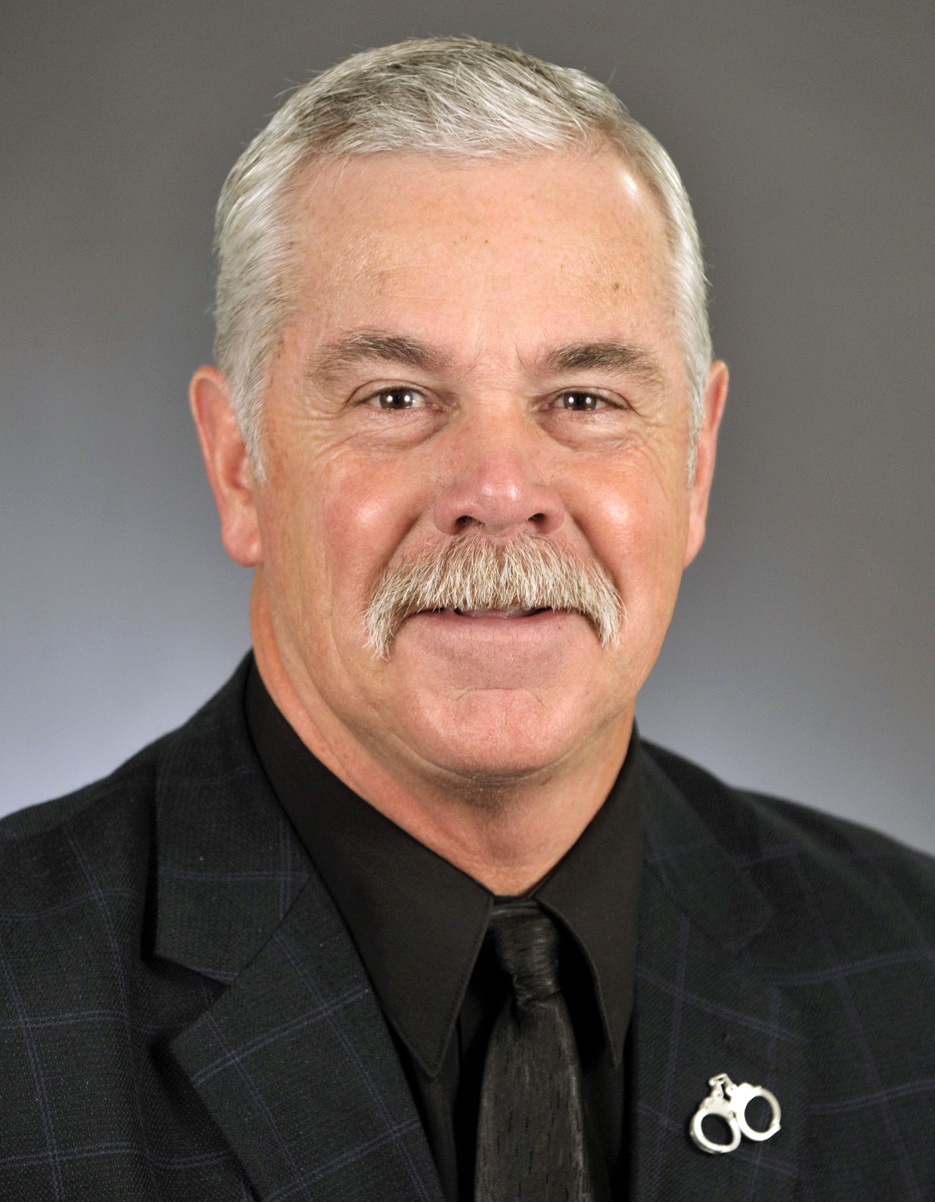Drug sentencing changes get House support, going to governor
Heading to the governor is a proposal that calls for the first major changes to the state’s drug sentencing guidelines in nearly 30 years.
Sponsored by Rep. Tony Cornish (R-Vernon Center) and Sen. Ron Latz (DFL-St. Louis Park), HF3983/SF3481* is an agreement between various groups involved in the criminal justice system, including county attorneys, public defenders and law enforcement, on changes to the state’s controlled substance laws. Nobody said it is a perfect solution.
It was passed 129-0 by the House Friday; the Senate passed the measure 45-19 May 16.
Supporters said the changes will ensure that drug offenders who should be in prison spend time behind bars, while others who may be more amenable to things like treatment or probation are not sentenced to serve time. It would make no changes to heroin laws.
Among the changes proposed are:
- creation of a new drug kingpin crime;
- changing the amount threshold for certain marijuana crimes;
- creating new possession crimes for specific amounts of marijuana plants;
- establishing new mandatory minimum prison sentences for certain crimes involving large amounts of controlled substances and/or a firearm or other aggravating factors while eliminating others for lower level crimes;
- increasing the penalty for repeat drug paraphernalia offenses; and
- creation of a lower level penalty crime for 5th-degree controlled substance possession cases involving first time offenders who possess trace amounts.
Specific examples in the bill include:
- increasing the threshold for cocaine and methamphetamine from 10 to 17 grams for a first-degree controlled substance crime (and 3 to 10 grams for second degree), while lowering the marijuana threshold from 50 to 25 kilograms for a first-degree controlled substance crime (and 25 to 10 kilograms for second degree);
- prohibiting a court from sentencing a person in disregard of a mandatory minimum for first- and second-degree controlled substance crimes when a firearm is involved;
- creation of a mandatory minimum prison sentence of 86 months for specified violations of first-degree sales or possession crime involving large amounts of drugs if the offense involves a firearm or two aggravating factors;
- mandatory minimum sentences would be eliminated for third-, fourth- or fifth-degree drug convictions;
- allowing certain non-violent fourth- and fifth-degree controlled substance offenders to be eligible for the conditional release program and provide that fourth- and fifth-degree offenders be eligible sooner than other offenders for early release under the program;
- creation of first- and second-degree controlled substance crimes involving marijuana possession; and
- creation of a misdemeanor offense for a third or subsequent conviction of drug paraphernalia possession. Current law makes it a petty misdemeanor no matter how many past violations.
The bill would not be retroactive, and would apply to crimes committed on or after Aug. 1, 2016.
In a January 2016 report, the state’s Sentencing Guidelines Commission recommended creation of enhanced crimes for possession of drugs in quantities significantly greater than existing first-degree thresholds. It also recommended that the Legislature reduce possession of a trace amount of a controlled substance from a felony to a gross misdemeanor.
Without legislative action, the changes will take effect Aug. 1, 2016. A Cornish-sponsored bill (HF2888) to reject the changes was approved in March by the House Public Safety and Crime Prevention Policy and Finance Committee on a split-voice vote.
Minnesota’s prison population now exceeds building capacity by about 500 inmates, and the overcrowding is expected to worsen in future years. In Fiscal Year 2015, there were 501 people serving prison time in Minnesota for fifth-degree controlled substance crimes.
Latz said that when fully implemented, the change would save more than 700 beds now used by non-violent offenders each year and approximately $12 million annually.
Related Articles
Search Session Daily
Advanced Search OptionsPriority Dailies
Ways and Means Committee OKs proposed $512 million supplemental budget on party-line vote
By Mike Cook Meeting more needs or fiscal irresponsibility is one way to sum up the differences among the two parties on a supplemental spending package a year after a $72 billion state budg...
Meeting more needs or fiscal irresponsibility is one way to sum up the differences among the two parties on a supplemental spending package a year after a $72 billion state budg...
Minnesota’s projected budget surplus balloons to $3.7 billion, but fiscal pressure still looms
By Rob Hubbard Just as Minnesota has experienced a warmer winter than usual, so has the state’s budget outlook warmed over the past few months.
On Thursday, Minnesota Management and Budget...
Just as Minnesota has experienced a warmer winter than usual, so has the state’s budget outlook warmed over the past few months.
On Thursday, Minnesota Management and Budget...
